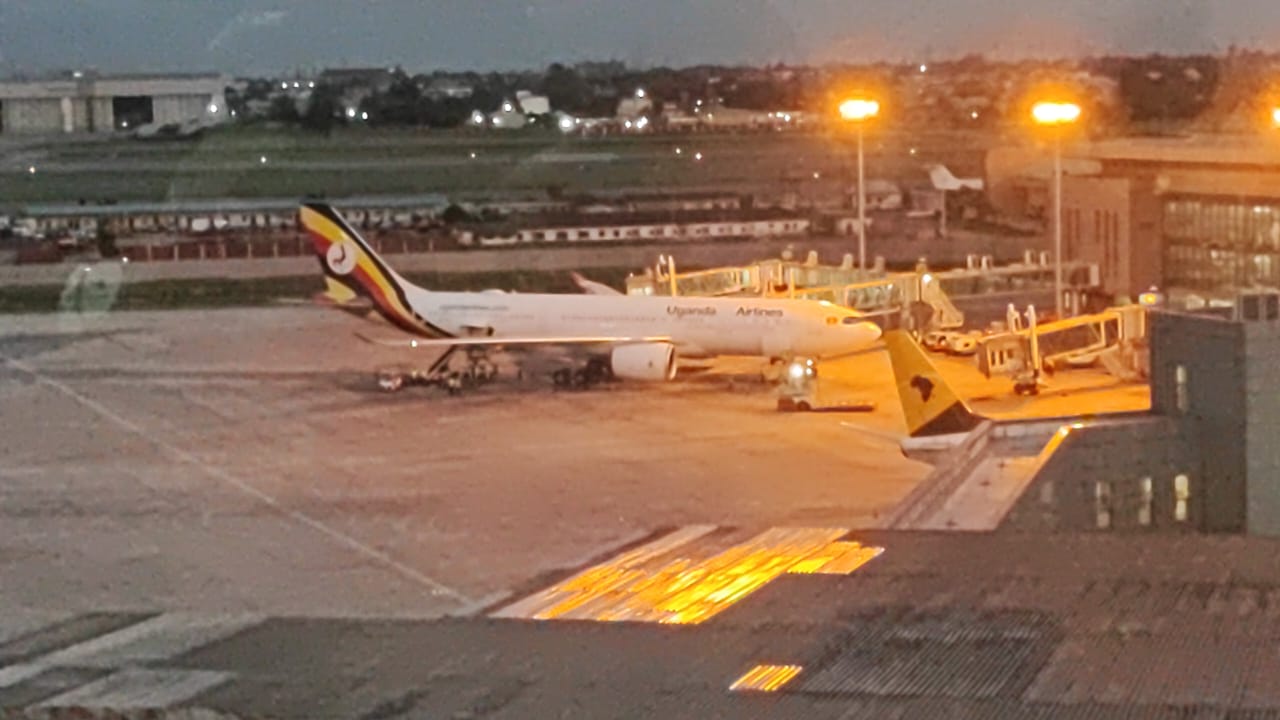Slow sales cause traders to resent Chinese
April 20—Stiff competition against a background of diminished sales mostly due to instability in South Sudan, formerly a big customer for Uganda, has caused things to boil over in Kampala’s retailer sector. At one point Uganda was exporting just over $300 million worth of merchandise to South Sudan compared present levels of $180 million and below.
According to sources at Arua Park, the hub for South Sudanese trade, its Pound has lost more than 90% of its value against the US dollar since December 2015. In the good old days, South Sudanese flashing dollars was a common sight in downtown Kampala, but not anymore.
Dealers in goods that used to previously fly off shelves are now stuck with stock as the South Sudanese economy contracted by nearly 7% between 2015 and 2016 according to the World Bank. A sharp drop of South Sudanese customers has caused tempers to rise.
The target of many local business people is the seemingly endless numbers of Asian competitors, mostly Chinese, who are undercutting them and causing widespread resentment. Attempts by top officials in the trade ministry to mediate have not been conclusive with several traders deciding to close up until the government comes out with a clear-cut policy.
This may be tricky. The government declared Uganda a liberalized economy in the late 1990s and will find it difficult to now start controlling the marketplace with pronouncements that can eventually hurt consumers. Competition lies at the core of the free market, but local traders say the Chinese have advantages they cannot match. More notable is the fact that local traders have clout. It is easier to arm twist a few thousand Chinese than battle several hundred thousand angry traders.
Late last year, Amelia Kyambadde, the trade minister told a parliamentary committee, “The influx of foreign petty traders in Uganda dealing in retail including hawking in Kampala City and other parts of the country poses a serious threat to business growth and job creation initiatives for our people,” she said.
Recently Everest Kaynondo, the Chairman of the Kampala City Traders Association told 256BN, “Not only Chinese, all foreigners should not be allowed to do petty trade. Let them be restricted to areas where we Ugandans, are not doing well,” he said.
He said, “Foreigners should engage in the construction sector, like building hospitals, hotels, schools and go into manufacturing or airlines because it is in those areas where we have not perfected the game. But petty trade should be ring-fenced for Ugandans so that the locals can also have an area where they can at least absorb the use and operate without subject to competition.”
In downtown Kampala, it is easy to come across Chinese, both men and women mixing it up with locals as they try to attract customers for used clothing and footwear, tyres and vehicle spares. But the aggressive nature of the Chinese works against them when economic conditions of their host country turn sour. Uganda’s economy has slowed substantially over the past 12 months and many local traders are saddled with debt, but cannot afford to match the price slashing often used by their Asian competitors.
Protests against petty Chinese traders have frequently taken place across sub-Saharan Africa, especially during the last 10 years. This is in tandem with increased Chinese involvement in modernizing the continent’s infrastructure and in developing mineral resources.

 Commuter bus operator Tondeka Metro loses city commuter business in web of intrigue
Commuter bus operator Tondeka Metro loses city commuter business in web of intrigue
 100+ Accelerator selects Ugandan startup Yo-Waste to pilot glass recycling at Nile Breweries
100+ Accelerator selects Ugandan startup Yo-Waste to pilot glass recycling at Nile Breweries
 Boeing’s record SAF purchase supports airlines decarbonisation efforts
Boeing’s record SAF purchase supports airlines decarbonisation efforts
 Uganda Airlines likely to miss Spirit A320neo delivery slots
Uganda Airlines likely to miss Spirit A320neo delivery slots
 Rolls-Royce Pearl 10X engine takes flight
Rolls-Royce Pearl 10X engine takes flight
 Unpacking results-based financing: balancing strengths with weaknesses
Unpacking results-based financing: balancing strengths with weaknesses
